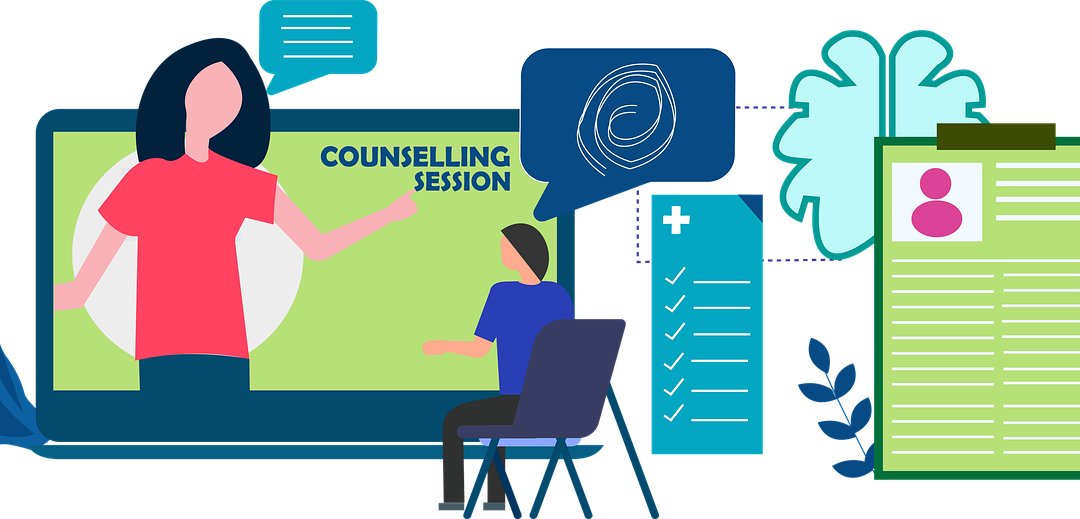Understanding someone’s struggle with drug addiction can be challenging especially if you have not experienced addiction personally. It is painful to watch a loved one battle drug addiction. Witnessing this will leave you extremely distressed, heartbroken, and it will take a toll on your own mental and emotional well-being. However, mastering the courage to support someone in their journey to recovery makes a big difference. This article is a guide on how to help someone battling drug addiction.
Educate yourself about Addiction
Educating yourself about addiction should be the first step to take. It is important to understand the basic things about addiction including what addiction is, who an addicted person is, the signs and symptoms of drug addiction, withdrawal symptoms and how you can offer help to someone struggling with an addiction. Recognize that addiction is a complex brain disease that is influenced by genetic, environmental, and psychological factors. Learning about addiction is the first step to helping a loved one struggling with addiction because you will better understand what they feel and what they are going through.
Approach the Individual with Compassion
Starting a conversation with someone with an addiction problem is hard and uncomfortable. When trying to help a person who is addicted to drugs, ensure you are non-judgmental and compassionate. Do not criticize, demean, shame, or use aggressive tones as this will push the individual even further. Give them time to express themselves and listen respectfully to their views. However, it is important to approach these individuals when they are not under any drug influence at that particular time. This will also help you hold a meaningful conversation.
Encourage Professional Help
Taking your time to help someone who is addicted to drugs is invaluable. However, it often requires professional intervention especially when the addiction problem is intense. Encourage your loved one to seek help from therapists, counselors, or rehab facilities that can offer specialized addiction treatment programs.
Avoid Enabling Behaviors or Habits
When handling a person who is addicted to drugs, it is important to refrain from assisting them in activities that encourage their addiction such as lending them money. They can easily use that money to buy drugs. Also, refrain from shielding them from the consequences of their addiction, do not put their feeling before your own, or taking over their responsibilities. Doing this will help maintain their addiction thus removing the motivation for them to seek help and change.
Set Boundaries
It is important to set clear boundaries for the well-being of the addicted individual and yours. Tell them clearly what you will tolerate and what you will not tolerate while helping them recover from drug addiction. You should also highlight what they should expect from you. Establishing boundaries may include not allowing drug use or other drug users in your home, not lying to get them out of trouble, insisting that they trat you with respect, or not taking over their responsibilities.
Attend Support Groups
Helping someone who is addicted to drugs is not a walk in the park. You will also need support to do it. As such, consider joining groups or organizations that offer support and advice for families and friends of individuals battling drug addiction.
Prioritize Self-Care
As you get involved in helping someone recover from drug addiction, make sure that you prioritize your mental and emotional well-being. This is because the journey can be draining and if you are not careful, you may also sink into depression. Seek counselling when necessary and ensure you get enough rest, eat well, keep active and get support from your friends and family.
Be Prepared for Relapses
Everyone trying to help someone in their recovery journey expects to see positive changes and improvements. However, the recovery journey is not easy and straight as relapses are a common part of it. While it might discourage you, its it crucial to understand that recovery is a process. Remain supportive.
Celebrate Small Wins
Every positive step towards recovery is significant, however small. Celebrate this as a victory and remind your loved one that they are doing good.
Stay Informed and Updated
Everything changes with time. It is important to continuously educate yourself about the latest therapies, treatments, and support mechanisms available. Staying updated will help you offer support that is up to date and effective.
How Do I Know if Someone is Addicted to Drugs?
It can be difficult to know if someone is addicted to drugs, especially if they are trying to hide their addiction problem. However, some drugs can show noticeable physical and psychological symptoms which include the following:
- Changes in energy levels
- Changes in mood or behavior
- Sudden weight loss or weight gain
- Difficulty keeping up at school or work
- Frequent nose bleeding
- Financial difficulties
- Shakes or Tremors
- Pupils that are larger or smaller than normal
- Runny nose or Sniffing
- Relationship or Family Problems
Conclusion
Helping someone through drug addiction is rarely a process that is quick or straightforward. While you can support an individual through their journey to recovery, you cannot force them to change or control their decision-making. This being the case, it is essential to approach the situation with empathy, understanding, and patience. Most importantly, let your loved one assume responsibility for their choices and behavior as it is a crucial step on their road to sobriety.

